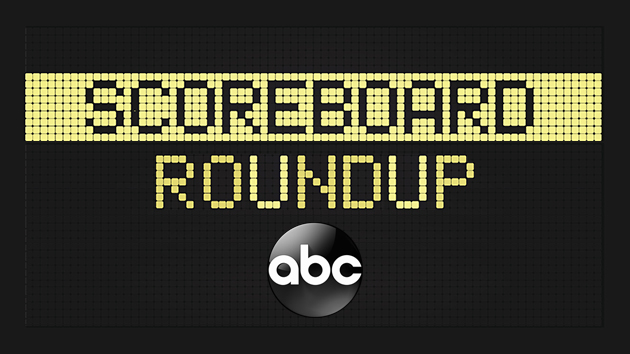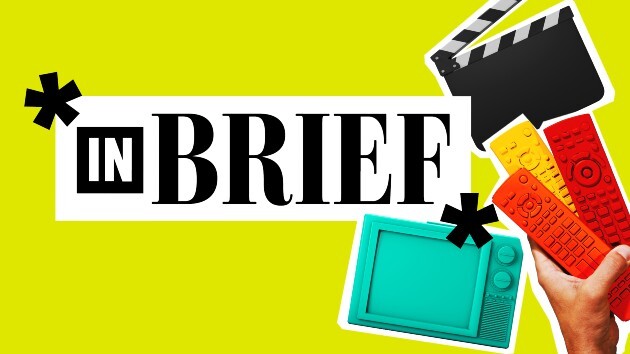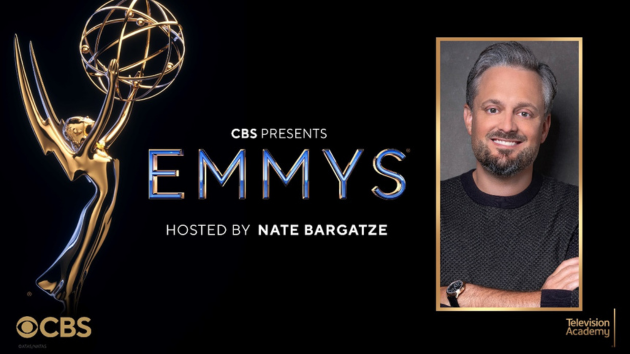US college campuses experiencing epidemic of swatting calls following shooting death of Charlie Kirk
Written by ABC Audio. All rights reserved. on September 12, 2025
(NEW YORK) — College campuses across America are experiencing an epidemic of hoax calls about bogus shootings and other emergencies following the shooting death of Charlie Kirk this week.
These calls — known as swatting — panicked at least a dozen schools as police rush to campuses, chasing phantom threats with many of them being racially motivated and targeting historically Black colleges and universities.
Activities froze in places like Virginia State University after a swatting call and at Southern University in Louisiana, where classes have already been cancelled through the weekend, another swatting call put the entire campus on high alert.
Police say they must respond to these hoax calls about campus shootings as if they are real as the shootings become more and more common.
The concern, authorities say, is twofold. Swatting wastes law enforcement resources but also ends up sending heavily armed officers into student spaces with guns drawn, a problem highlighted just this week when a midshipman at the U.S. Naval Academy in Annapolis, Maryland, was shot during a swatting response and had to be flown by helicopter to the hospital.
While these hoaxes mostly ended up being false alarms, experts note that these types of hoaxes are not only a serious crime with substantial penalties for those involved but can also put first responders and bystanders at risk.
“Swatting is not a benign endeavor. Law enforcement is taking it seriously…when they are identified, they are arresting them and prosecuting them,” said John Cohen, an ABC News contributor and a former acting undersecretary at the Department of Homeland Security.
Bob Boyce, an ABC News contributor and retired NYPD chief of detectives, said these calls can range from a “simple prank” to revenge, or even a pursuit of notoriety. But regardless of the motive, there are serious penalties at stake for those placing these swatting calls, Boyce said.
Federal charges can include false information and hoaxes; which could lead to up to five years in prison with a “substantial fine;” interstate transmission of threat; which could lead to up to 20 years in jail if there is an injury involved; and wire fraud, which constitutes a “substantial penalty, incarceration and fines,” Boyce said.
In a statement to ABC News last month, the FBI said they are aware of the recent swatting incidents and are “working with our law enforcement partners.”
“The FBI is seeing an increase in swatting events across the country, and we take potential hoax threats very seriously because it puts innocent people at risk. Knowingly providing false information to emergency service agencies about a possible threat to life drains law enforcement resources, costs thousands of dollars, and, most importantly, puts innocent people at risk,” the agency said.
ABC News’ Megan Forrester contributed to this report.
Copyright © 2025, ABC Audio. All rights reserved.





